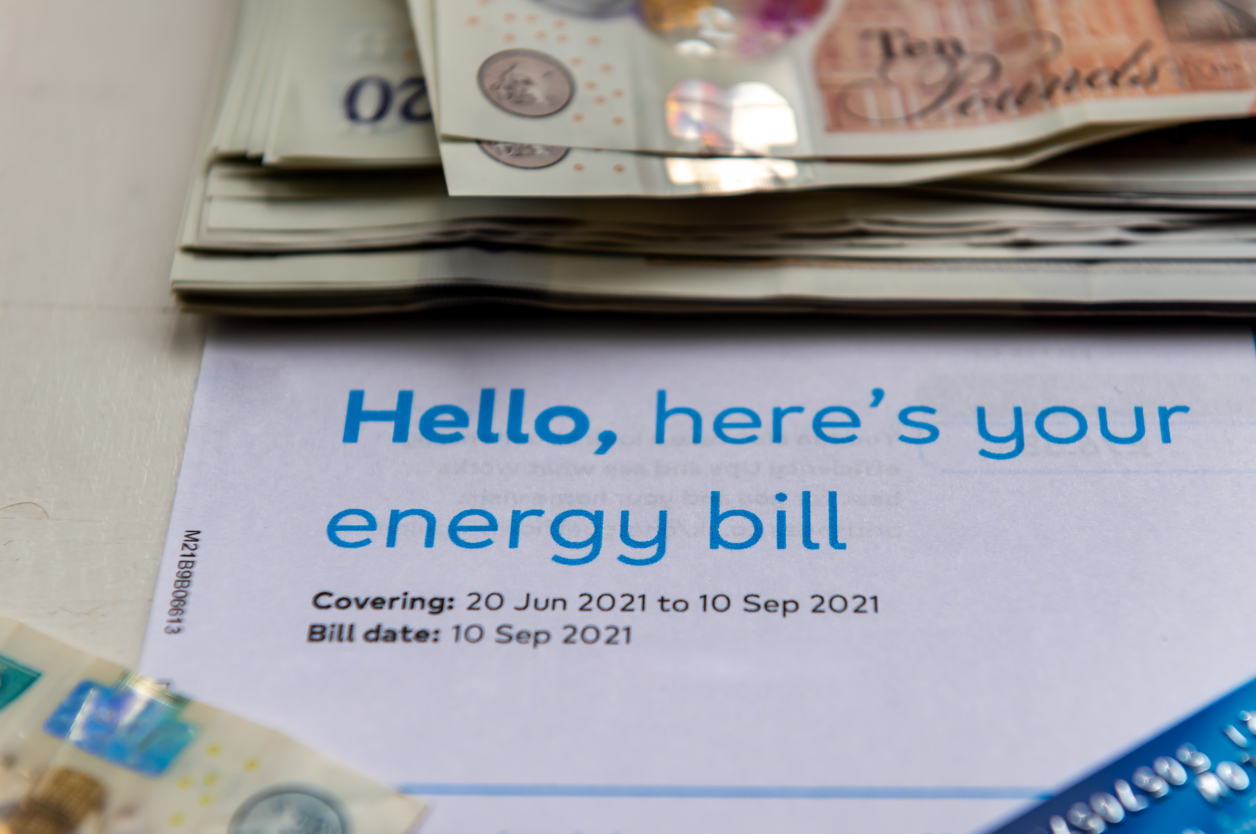Tenant Hasn’t Paid Electricity Bills: A Landlord’s Guide
When tenants fail to pay electricity bills, it can create complications for both the tenant and the landlord. While tenants are generally responsible for utility payments, landlords should know their legal rights and how to handle the situation effectively.
Who Is Responsible for Electricity Bills?
Responsibility for electricity bills depends on the tenancy agreement and how the utilities are set up:
-
Tenant’s Responsibility:
- If the tenant’s name is on the utility account, they are directly responsible for paying the bills.
- This is the most common arrangement for private rentals.
-
Landlord’s Responsibility:
- If the landlord includes utilities in the rent (e.g., a single fixed payment), then the landlord is responsible for ensuring the bills are paid.
- This is common in Houses in Multiple Occupation (HMOs).
-
Shared Responsibility (Rare):
- In some cases, landlords manage the utilities and tenants reimburse them.
Steps to Take When Tenants Don’t Pay Electricity Bills
-
Check the Tenancy Agreement
- Confirm the terms of the agreement to ensure the tenant is responsible for the electricity bills.
-
Communicate with the Tenant
- Contact the tenant to address the unpaid bills.
- Ask for an explanation, as the issue may be due to a misunderstanding or financial difficulty.
-
Inform the Utility Provider
- If the tenant is responsible for the electricity account, the utility provider will usually pursue the tenant for payment directly.
- Notify the provider of the tenant’s details if the account is in the tenant’s name.
-
Issue a Formal Warning
- Send a written reminder or warning to the tenant, explaining their obligation to pay utility bills as outlined in the tenancy agreement.
-
Withhold the Deposit (if applicable)
- If the tenant vacates without paying electricity bills, you may use the deposit to cover unpaid bills, provided this is specified in the tenancy agreement and proper procedures are followed.
-
Seek Legal Advice or Take Further Action
- For persistent issues, consult a solicitor or property expert to explore options such as recovering unpaid amounts through legal means.
Preventing Utility Payment Issues in the Future
-
Include Clear Clauses in the Tenancy Agreement:
Clearly state who is responsible for utility bills and the consequences of non-payment.
-
Set Up Utilities Correctly:
Ensure electricity accounts are in the tenant’s name at the start of the tenancy. Provide them with the necessary details for setting up or transferring the account.
-
Monitor Vacant Properties:
If the property is vacant, ensure you switch the utilities to your name to avoid disconnection and unpaid bills accruing in your name.
How Fraser Bond Can Help
At Fraser Bond, we help landlords manage their rental properties effectively by:
- Drafting comprehensive tenancy agreements that clarify utility responsibilities.
- Advising on disputes and recovering unpaid utility bills.
- Offering property management services to prevent and resolve issues promptly.
Contact Fraser Bond for expert advice and support tailored to your needs as a landlord.
Final Thoughts
Unpaid electricity bills by tenants can be challenging, but a proactive approach can help mitigate the issue. Ensure your tenancy agreements are clear, communicate promptly with tenants, and seek professional advice when necessary. Fraser Bond is here to support you in managing your properties and resolving tenant-related issues efficiently.



